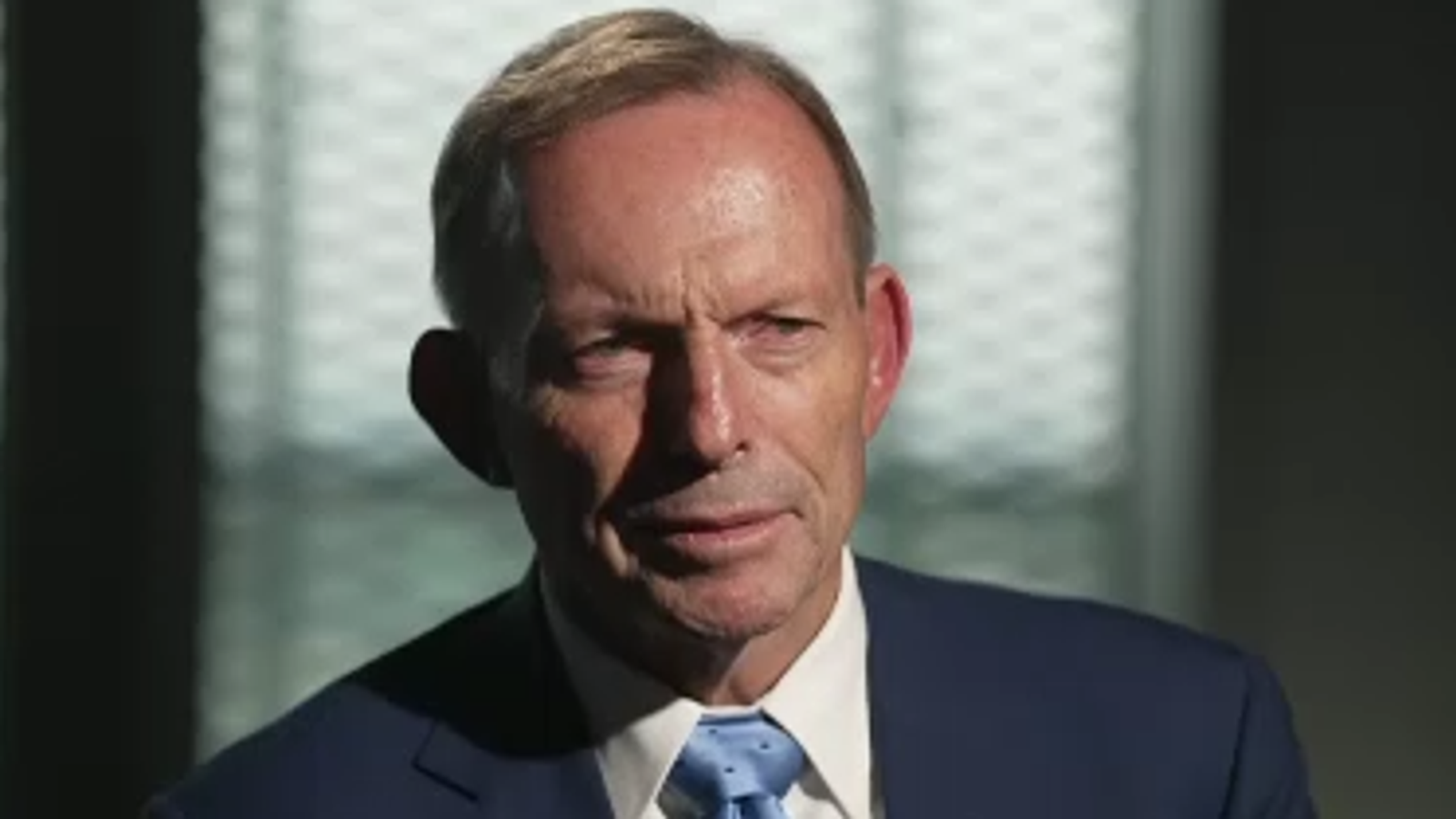Politics
Australia ‘should be prepared to contribute’ to securing Ukraine’s freedom, former PM says

A Call to Action: Global Leaders Urge Support for Ukraine’s Freedom
Tony Abbott’s Urgent Appeal for International Solidarity
Tony Abbott, the former Prime Minister of Australia, has issued a passionate call for global unity in support of Ukraine’s struggle for freedom. In a recent interview with Sky News’ Politics Hub With Sophy Ridge, Abbott emphasized the critical importance of defending Ukraine against Russian aggression. He argued that if Vladimir Putin succeeds in crushing Ukraine’s independence, no nation, regardless of its size or strength, would be safe from similar bullying. Abbott pointed to the broader implications of Ukraine’s fate, questioning the safety of countries like Taiwan, Australia, and Japan if Putin’s ambitions go unchecked. "The Ukrainians have been fighting for the freedom of everyone," Abbott asserted, urging Australia and other free nations to "be prepared to make a contribution" to Ukraine’s long-term security and freedom.
Abbott’s comments come at a time of heightened global tensions, as Russia’s invasion of Ukraine continues to destabilize international relations. The former Australian leader called on Britain to take a leadership role in defending Ukraine, even without relying on American support. He stressed that while the United States has traditionally been a cornerstone of global security, other nations must now step up to protect democratic values. "Britain should be prepared to lead here and it should not expect yet again to ride on America’s coat tails," Abbott said, highlighting the need for collective action from the world’s free societies.
The UK’s Role in Shaping a New Global Security Order
Abbott’s remarks align with recent statements by UK Labour leader Sir Keir Starmer, who has also called for increased international support for Ukraine. Starmer has advocated for the United States to provide a "security guarantee" to deter Putin and has expressed willingness to deploy British troops to Ukraine as part of a peacekeeping mission, should a lasting peace agreement be reached. However, Abbott challenged Starmer to consider taking such actions independently of American backing, arguing that Britain, as a "substantial power," must be prepared to act decisively in defense of freedom.
Starmer’s position reflects a growing recognition among European leaders of the need for greater autonomy in addressing global security challenges. This shift comes amid concerns over shifts in U.S. foreign policy, particularly following Donald Trump’s recent remarks downplaying the importance of defending Europe. Trump’s comments have prompted calls for NATO countries, including the UK, to increase their defense spending and take a more active role in maintaining regional security. Starmer has emphasized that while a "US security guarantee" remains crucial for achieving peace in Ukraine, Europe must also assert its influence on the global stage.
The Ripple Effects of Trump’s Foreign Policy Shift
The changing landscape of global security has been further complicated by Donald Trump’s recent statements on U.S. foreign policy. The former U.S. President has suggested that the defense of Europe is no longer a top priority for America, marking a significant departure from the post-World War II order. This shift has sent shockwaves through international relations, with many leaders expressing concerns about the potential consequences of reduced American engagement in Europe.
Abbott warned that if Trump’s actions ultimately result in Ukraine being "broken, defenceless, and ultimately a colony of imperial Russia," it would be a tragic outcome with far-reaching consequences. He criticized Trump’s approach, stating that such a result "will blight his second presidency." Abbott’s comments underscore the broader fears that a weaker U.S. commitment to global security could embolden authoritarian regimes and undermine the stability of the international order.
European Divisions and the Challenge of Unity
Despite the urgent need for collective action, European leaders remain divided on the best course of action. Following an emergency summit convened by French President Emmanuel Macron in Paris, the lack of consensus among European nations was starkly apparent. German Chancellor Olaf Scholz dismissed the idea of deploying European peacekeepers to Ukraine as "completely premature," while Danish Prime Minister Mette Frederiksen emphasized that her country is "still very far off" from deploying soldiers to the region.
These divisions highlight the challenges of forging a united European response to the crisis. Abbott’s call for Britain to lead by example takes on added significance in this context, as European leaders grapple with the complexities of responding to Russia’s aggression. While some nations are hesitant to commit troops, others are pushing for bolder action, reflecting the broader debate over Europe’s role in the new global security order.
A Call to Arms: The Need for Global Leadership
Abbott’s message is clear: the world’s free nations must be prepared to stand together in defense of Ukraine’s freedom. He argued that the stakes go far beyond Ukraine’s borders, with the stability of the entire international order hanging in the balance. Abbott’s call to action is not just about military support but also about reaffirming the values of democracy and self-determination in the face of authoritarian aggression.
As the situation in Ukraine continues to unfold, Abbott’s words serve as a reminder of the need for global leadership and solidarity. With the U.S. potentially stepping back from its traditional role as a guarantor of global security, other nations must fill the void. Abbott’s call for Australia, Britain, and other free societies to "make a stand" in support of Ukraine is not just about defending one nation—it’s about preserving the principles of freedom and security that underpin the modern world. The coming months will reveal whether the international community is prepared to rise to this challenge.